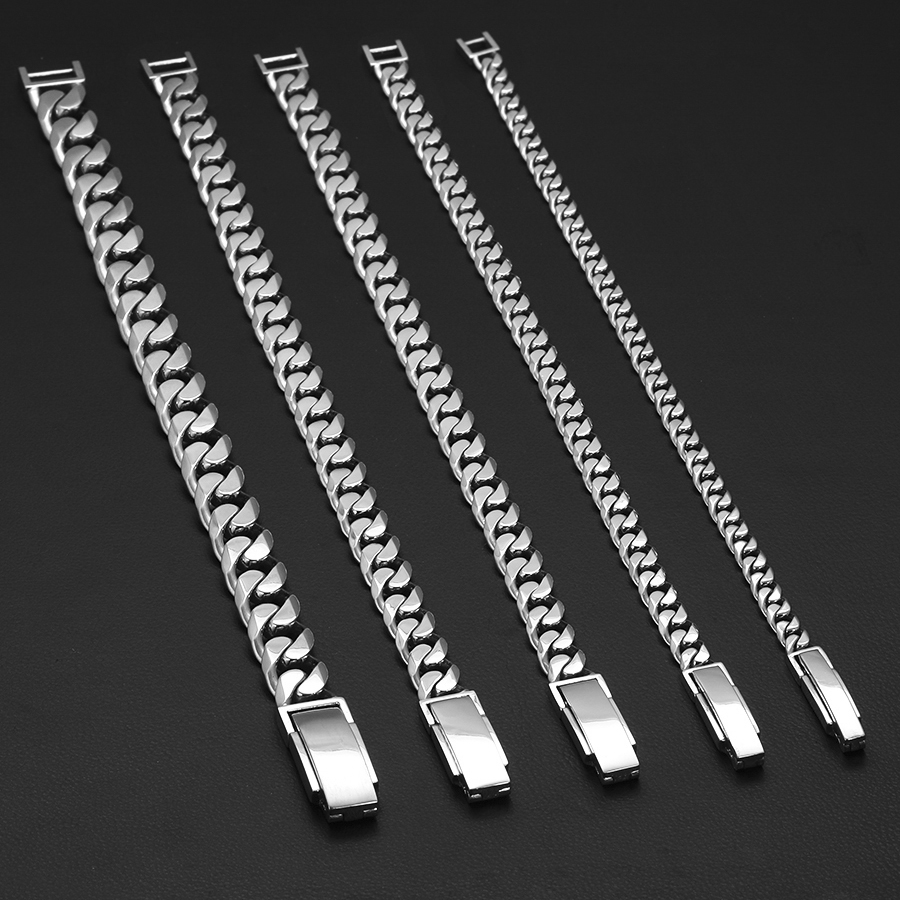The situation for Ukraine is deteriorating in the 2024 election year in the EU and US. While a majority continues to support aid to Ukraine in both the EU and in Germany, this applies primarily to supporters of centrist parties. However, a joint European defence policy enjoys majority backing across party lines:
87 per cent of all EU citizens, and 86 per cent of Germans, support the idea.
Gütersloh, 15 February 2024. Two years after the Russian invasion, almost nine out of 10 German and European Union citizens take the view that the EU needs a joint defence policy. And a majority of European and German citizens continue to declare their support for Ukraine, both politically and militarily. A majority backs supplying armaments, taking in refugees and ensuring independence from Russian energy supplies. Most EU citizens also adopt a favourable position on allowing Ukraine to join the EU.
Arms deliveries to Ukraine are supported in Germany primarily by supporters of the parties of the political centre. Approval is seen most strongly among supporters of the Greens at 78 per cent. They are followed by supporters of the SPD at 74 per cent, of the FDP at 72 per cent and of the CDU/CSU at 65 per cent.
This position changes on the political fringes. AfD supporters in particular largely reject supporting Ukraine: 82 per cent are against providing armaments, 76 per cent against taking in refugees, and 81 per cent reject EU accession. “We observe stronger support for the European Ukraine policy across the EU in those who place themselves on the political left or centre-left. This is revealed especially when it comes to ‘hard’ issues, such as arms supplies,” says Isabell Hoffmann, Bertelsmann Foundation Europe expert and head of eupinions. Overall, backing for the Ukraine policy on the part of EU citizens has declined since war broke out, but remains at a high level.
What is noticeable is that support for EU accession is lowest in Germany: 52 per cent are against. Both the EU and Germany need to take these doubts seriously in the runup to the European Parliament elections in June and the US elections, Hoffmann says. “The upcoming elections in the USA and the EU are of paramount significance for Ukraine – and for the European security order. Europe faces major uncertainties in security policy if there is a change in administration in the USA. The large majority across the EU in favour of a European defence policy supports decision-takers in the EU wishing to tackle urgently needed reinforcement of their own security in a decisive way,” Isabell Hoffmann emphasises.
About the Bertelsmann Foundation: Moving people. Shaping the future.
The Bertelsmann Foundation is committed to ensuring that everyone can participate in society – whether politically, economically or culturally. Our programme: education and the next generation, democracy and cooperation, digitalisation and the common good, Europe’s future, health, and a sustainable social market economy. We place people at the focus, as it is people who are able to move, change and improve the world. To this end, we make use of knowledge, train competencies and devise solutions. The Bertelsmann Foundation was set up as a non-profit organization by Reinhard Mohn in 1977.
For further information: www.bertelsmann-stiftung.de
Contact: Isabell Hoffmann, Phone: +49(0)30 27 57 88126
Email: Isabell.Hoffmann@bertelsmann-stiftung.de




